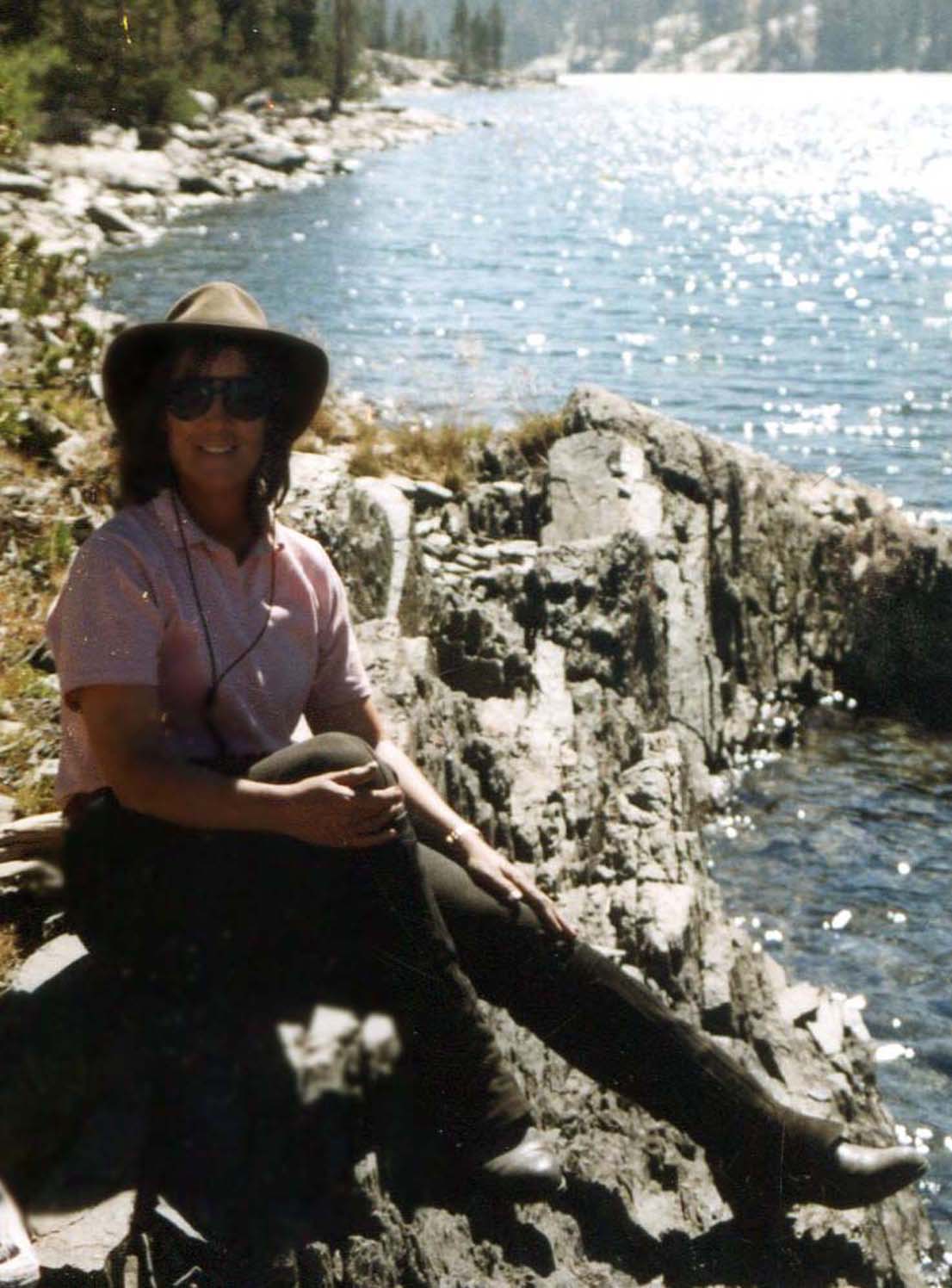A writer of historical fiction/mystery (like me) runs into the problem of Anachronism on a regular basis, whether in trying to avoid it or in accidentally inserting it into a work.
Webster defines Anachronism as:
1: an error in chronology; especially: a chronological misplacing of persons, events, objects, or customs in regard to each other
2: a person or a thing that is chronologically out of place; especially: one from a former age that is incongruous in the present
3: the state or condition of being chronologically out of place
A reader posted a review of my book The City of Refuge on a message board devoted to reading. This person is very widely read, eloquent, knowledgeable, with a fine understanding of writing, both style and content, and an excellent critical eye. The review was invaluable to me, and I re-read the story with an eye to improving it.
One of his comments, though, was this:
There are some anachronisms that could also be jarring, the worst was a character saying 'It boggles the mind.' - which made me laugh, but could annoy those who are purists. There are others, but I find if I am enjoying the rest of the book, I can accept them.
Here is the scene. The story is set in ancient Egypt, approximately 1309 BC. The speakers are a general ('Seti') and the commander of a provincial army ('Khonsu').
After the man had left, Khonsu turned to Seti. "Lord Achtoy," he said. "Nothing less than a hero of Egypt and a Commander of Five Thousand, sent to carry a message all the way north from Thebes to a wrecked city in order to tell us to leave His Grace alone."
"The mind boggles," Seti agreed. "Well, now we know what His Grace had waiting for us."
That made me blink. That was an anachronism? In what way?
The verb 'to boggle' dates from around 1590, per Webster.
Definition of BOGGLE
Intransitive verb
1: to start with fright or amazement : be overwhelmed
2: to hesitate because of doubt, fear, or scruples
transitive verb
2: to overwhelm with wonder or bewilderment
Origin of BOGGLE
First Known Use: 1598
So the verb 'to boggle' seemed anachronistic to the reader. That's fair enough, though the term, actually, is not a modern one and not tied to any sort of technology that would tend to disqualify its use in a novel set in the distant past.
My thoughts turned to the various things that I consider 'anachronisms', per the definition. Let's look at them in the context of that bit of conversation:
Here's one type:
You can have anachronistic speech:
'Loud and clear', a radio term, is a different matter. Wireless telegraphy was proven to be possible in the late 1800's; Guglielmo Marconi invented the radio in the early 1900's. The expression was used extensively by the military during World War II to acknowledge radio messages. An ancient Egyptian would not have used such an expression, though he might have said "He couldn't have made his message any clearer if he had shouted it."
We tend to assume that what is normal for us was normal throughout time. Hollywood tends to make this mistake. We have Pharaoh Khufu (Cheops) shouting "Saddle my swiftest camel!" in Land of the Pharaohs (screenplay by William Faulkner, whose grounding in early history was sketchy, but who wrote a heck of a good story)
Some people perceive anachronisms in things that are in their proper time and place. One friend, reading one of my manuscripts, told me quite seriously that "They didn't have beer in ancient Egypt!" Well, there's some doubt as to whether the Sumerians or the Egyptians invented beer (my money is on the Sumerians), but they sure had it. Someone writing in the time of classical Greece likened the quality of Egyptian beer to the best wines.
What is the point of this discussion? I have two of them.
First, and most importantly, research is crucial if you are writing of a specific time and place. Secondly - and this is often unrecognized - the reader is the ultimate judge of fitness (for himself).
My reviewer, to whom I am very grateful for a well thought out and meaty critique that will be very useful when I do revisions, felt that a specific expression was out of place. I did not agree, but I adjusted it after thinking it over. Writers tend to live within their own minds, and it's easy to forget the audience.
That is a big mistake.
After the man had left, Khonsu turned to Seti. "Lord Achtoy," he said. "Nothing less than a hero of Egypt and a Commander of Five Thousand, sent to carry a message all the way north from Thebes to a wrecked city in order to tell us to leave His Grace alone."
"The mind boggles," Seti agreed, reaching into the breast of his tunic, extracting his cigarette pack, and shaking one loose. He tapped the cigarette against his palm to settle the tobacco, Setting the filter end in his mouth, he struck a match against his sandal, lit the cigarette, and took a long drag. "Well," he said through the smoke that curled from one corner of his mouth, "now we know what His Grace had waiting for us."
The anachronisms here are the cigarette and the match. Every culture in history has habits like smoking, whether it is chewing betel nut or spruce gum. But tobacco is a new world plant, and the earliest depiction we have of its use is Mayan, after dynastic Egypt.
After the man had left, Khonsu turned to Seti. "Lord Achtoy," he said. "Nothing less than a hero of Egypt and a Commander of Five Thousand, sent to carry a message all the way north from Thebes to a wrecked city in order to tell us to leave His Grace alone." He sat back and shook his head. "Well," he said, "His Grace got his message across loud and clear!"
"Good grief!" Seti agreed.
In this case 'good grief' might be allowed. It seems to be a 'softened' exclamation: 'good grief' instead of 'good God'. Since it was made popular in Charles Schultz' Peanuts comic strip, I'd tend to stay away from it, myself.
Incidentally, here is the changed passage:
After the man had left, Khonsu turned to Seti.
"Lord Achtoy. Nothing less than a
hero of Egypt and a
Commander of Five Thousand, sent to carry a message all the way north from Thebes to a wrecked city
in order to tell us to leave His
Grace alone."
"Incredible," Seti agreed. "Well, now we know what His Grace had
waiting for us."
Camels were a late arrival in Egypt. So were chariots (at least as to the reign of Cheops). Also (staying with Land of the Pharaohs for a moment), the short wrap skirt, head cloth and light scarf of Thai raw silk woven in a sort of plaid worn by Jack Hawkins as Cheops, along with gold lame' sandals are out of their proper time, as well, no matter how sweet he may have looked in them.
The same person informed me, quite seriously, that "they didn't have bricks back then, either." (This was one of my fantasy novels, set in no time in particular.) I only smiled.




